Do I need an account to use Backchannel?
Yes. Accounts are free. You only pay a fee when you create a Backchannel session.
Does my counterparty need an account?
Yes. When you create a new matter in Backchannel, you will be able to invite your counterparty. Your counterparty will then be able to quickly and easily create an account and join the matter.
How much does it cost to use Backchannel?
Backchannel costs $249 per session per party ($498 total). Each session lasts up to 30 days.
What are each of the steps in Backchannel’s process?
Backchannel uses three steps to help the parties make a deal. Step 1 has the parties address the non-monetary terms of a deal. This step can be skipped. Step 2 allows the parties to make a secret offer or demand. After 48 hours, Backchannel will check for a deal. If there is no deal, Step 3 allows the parties to change their numbers. Backchannel will check for a match each time a party changes its number. Step 3 will last up to 28 days.
What happens if there is an exact match between the offer and demand?
If the parties’ Bids are the same number, Backchannel will notify the parties that a deal has been reached. The matching number becomes the dealmaking number.
What happens if the offer and demand overlap? (For example, if one party offers to pay $10,000 and the other party demands to receive $5,000.)
If there is an overlap, then Backchannel will select a random number within the overlap range. After rounding to the nearest dollar, the number will become the dealmaking number, in the same way as though both parties offered and demanded that amount.
Why are overlaps handled with random numbers rather than a “meet-in-the-middle” number?
Backchannel uses a random number (with rounding) to further mask each party’s actual bottom or top lines. If a “meet-in-the-middle” number was used, parties could tell exactly where the other party stood and possibly take advantage of this information. With a random number, parties will only be able to tell that a match was made at the final number.
What happens if there is no match in Step 2?
Backchannel will move onto Step 3, where both parties can change their offers and demands for a period of up to 28 days.
What happens if there is no match in Step 3?
Step 3 lasts up to 28 days. If no match is made during that time, the Backchannel session ends. To start again, the parties will need to start a fresh Backchannel session.
How secure is Backchannel?
Backchannel uses automatic deletion protocols and is built with bank-level security. It is also independently tested by a cybersecurity firm to ensure your information remains safe.
Does Backchannel take any extra steps to ensure my settlement numbers remain confidential?
Beyond Backchannel’s bank-level security protocols, Backchannel automatically removes and deletes settlement numbers that have not resulted in a match or overlap. The deletion occurs 30 days after a matter closes. Final deal numbers that result from a match or overlap are not deleted because those are conveyed to both parties.
Can Backchannel be subpoenaed to reveal non-matching settlement numbers?
As a condition of using Backchannel, for each matter, each party to a dispute must electronically sign an agreement similar to those used in traditional mediation. In doing so, the parties agree that the settlement offers are confidential and that neither party will seek discovery relating to the Backchannel process. Moreover, non-matching settlement numbers are automatically deleted after 30 days of a matter closing.
Does Backchannel sell any of the information input into the app (i.e., like settlement numbers, case types, users, etc.)?
No.
